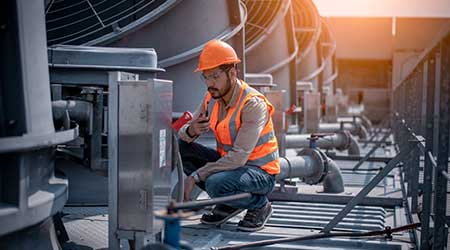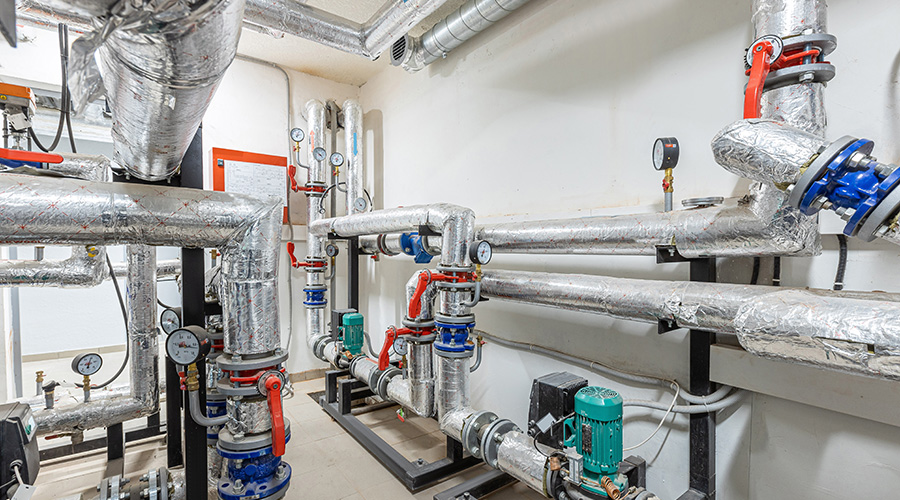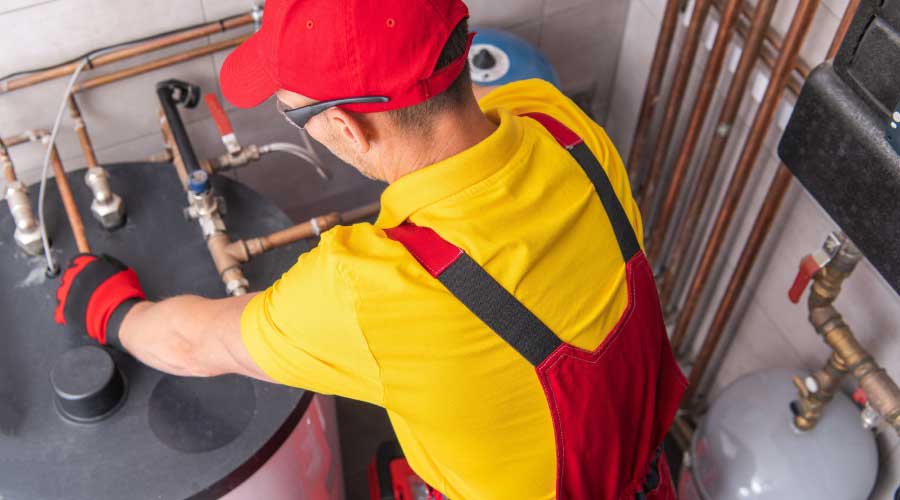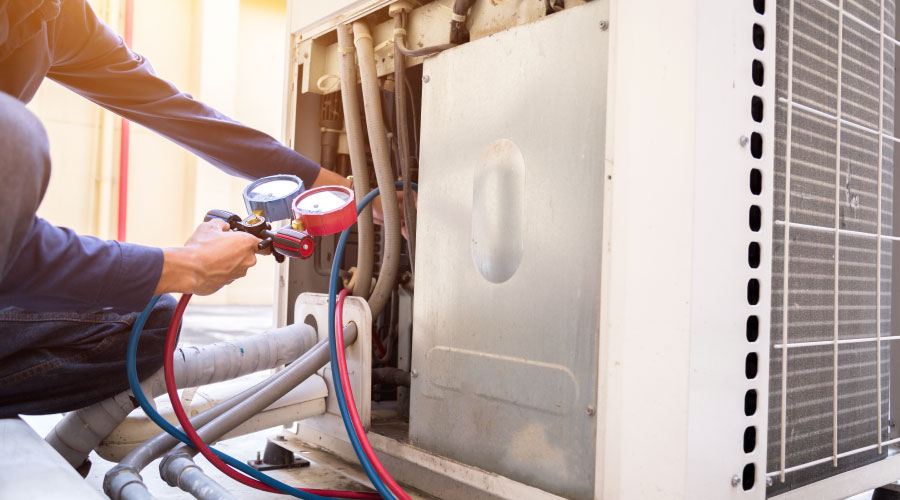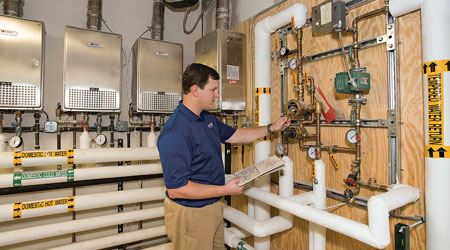 Advances in water heater materials and technologies can result in greater energy efficiency and long-term reliability to facilities.
Advances in water heater materials and technologies can result in greater energy efficiency and long-term reliability to facilities.Water Heaters: Savvy Specification Strategies
Understanding building and occupant needs for hot water can help managers select water heaters that maximize efficiency and cut costs.
Water heaters are essential components in the efforts of maintenance and engineering managers to ensure the comfort of building occupants, as well as the energy-efficient operation of buildings. Recent technology advances in water heaters have created a host of new opportunities for managers looking to generate even more benefits for institutional and commercial facilities.
“Different types of facilities are going to have different types of usage patterns and different types of fixtures,” says Trevor Pinto with Bradford White Water Heaters. “Selecting the right water heater is critical.”
Managers’ success will depend on how well they understand the needs of both occupants and buildings. Their challenge will involve understanding the new technology, understanding expectations, and successfully matching the two.
Updating old technology
While the functionality of water heaters has largely remained steady in recent years, manufacturers have rolled out small advances that have improved the products’ efficiency and extended their long-term performance.
Even though such technologies as hybrid and tankless water heaters are not new, they have become more popular options in recent years.
“Tankless water heaters have been around for many years,” says Ansley Houston with Rinnai America Corp. “Advances in factory direct, prefabricated tankless rack systems and hybrid tank and tankless systems are giving facility managers an entirely new level of choice that offers ease of installation, redundant systems, superior load tracking, longer life, lower capital investment and a reduced cost of ownership and operation.”
As the technology within water heaters has advanced, so to has their overall efficiency. Stainless steel has been used in water heaters for decades, but water heaters that use 316L stainless steel can help improve that overall efficiency, manufacturers say. 316L stainless steel is a low-carbon subtype of marine grade stainless steel, according to the Society of Automotive Engineers.
“Over the course of the past decade, the tankless water heaters went from achieving less than 90 percent efficiency all the way up to around 98 percent efficiency,” says James Facer with Noritz. “316L stainless steel is highly efficient. It is a very good conductor, and it absorbs that energy and translates it very well to the conductor — in this case, the water.
“Negative pressure gas valves also ensure proper combustion. It premixes the fuel and the air before it goes into the burner chamber and ensures you will have cleaner emissions, cleaner combustion and a higher net result in terms of thermal efficiency, as well.”
Related Topics:











